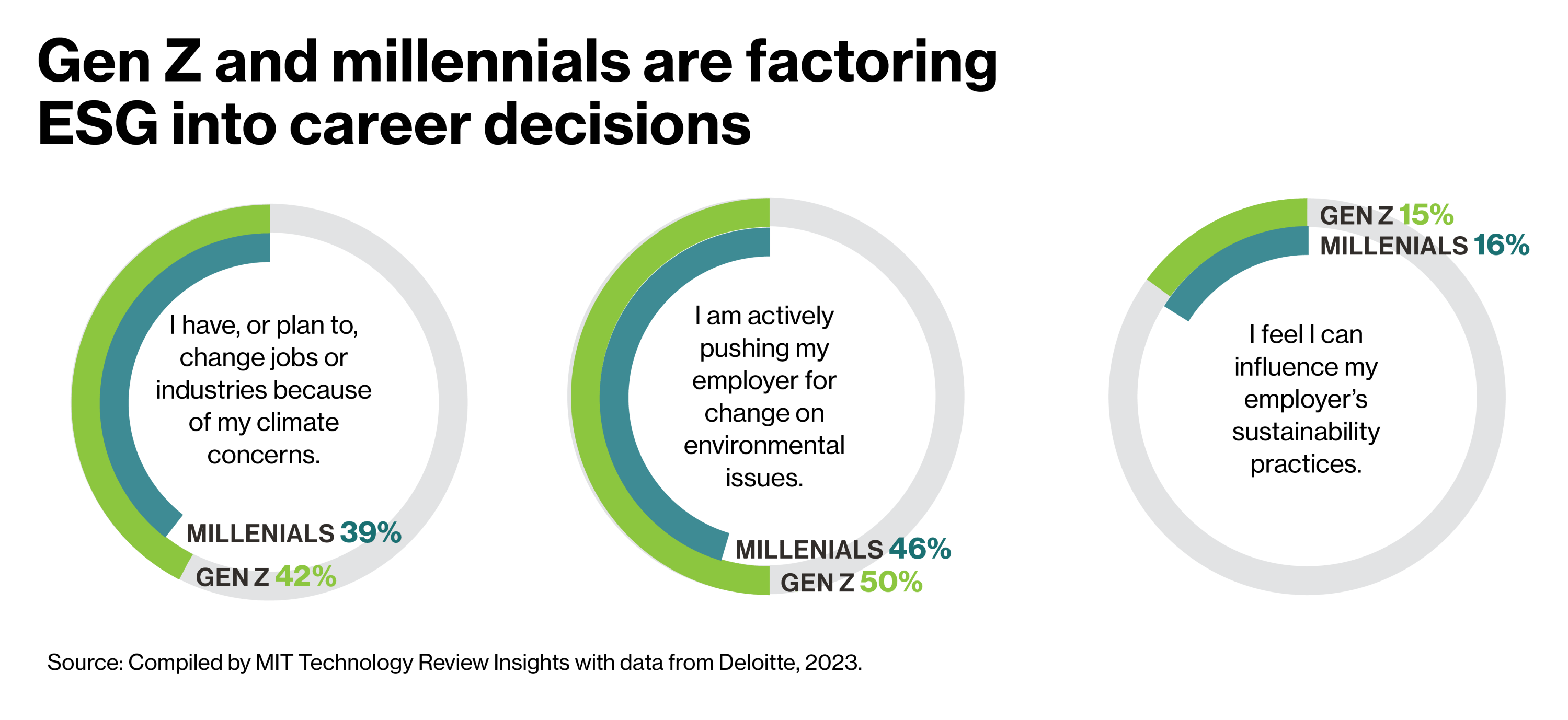Integrating sustainability into business strategy


Discourse around climate change and social justice matters is hardly new: the UN-supported Principles for Responsible Investment, an international network dedicated to incorporation of environmental, social, and governance (ESG) into investment decision-making, boasts nearly 5,000 participating financial institutions. In early 2022, the U.S. Securities and Exchange Commission (SEC) proposed ground-breaking rules to require public companies to disclose information about their carbon emissions data (Scope 1 and Scope 2), and carbon emissions data from supply chain networks and customers (Scope 3).

As U.S. regulators finalize national emission disclosure requirements, the European Union’s Corporate Sustainability Reporting Directive (CSRD) is in effect, requiring nearly 50,000 companies to regularly report on sustainability. At the same time, the International Sustainability Standards Board (ISSB) has now launched global disclosure standards to help guide companies on sustainability disclosures they need to report for global investors and will allow companies and investors to standardize on a single global baseline. “We have to start acting, and we have to start acting now,” says Remy Bos, global sustainability director for Oracle. “New laws and regulations are on the rise, and some have already been implemented,” he says. This calls for careful collection and analysis of vast volumes of data.
“Climate and sustainability initiatives help the planet and drive business value, but not if they increase social inequities in the process. Organizations need to ensure they drive a decarbonization journey, but also ensure that the impact of that decarbonization journey is just and equitable—that it’s a just transition,” Simmonds says.
This content was produced by Insights, the custom content arm of MIT Technology Review. It was not written by MIT Technology Review’s editorial staff.





